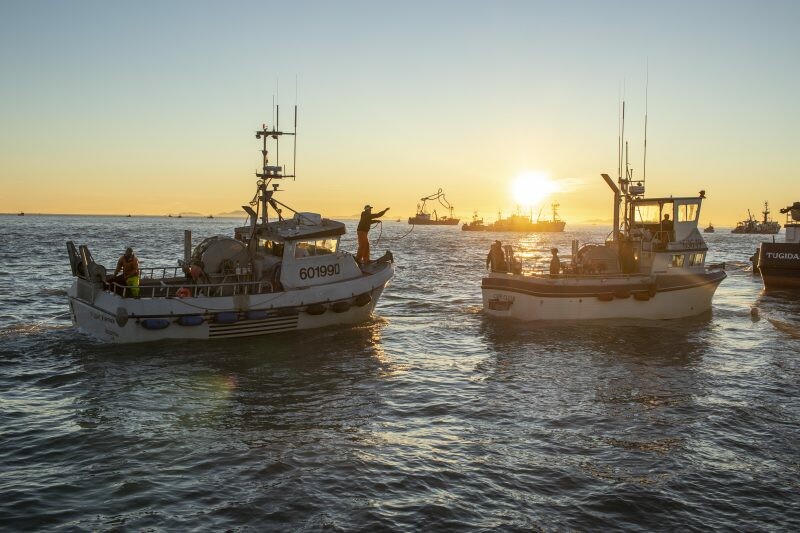Commercial fishing citations during the Bristol Bay sockeye season are ramping up. During the sockeye run, Alaska State Troopers come to the area from all around the state to patrol the commercial fishermen and ensure all rules and areas are followed. Due to the many regulations, some waters remain closed during certain periods while others are open. State Troopers reported that most of the violations in the area are due to commercial fishing in the closed areas.
“We have troopers in from Kodiak, other parts of western Alaska, as well as South Central and even interior Alaska, flown in during this special enforcement period, which occurs every year during the largest sockeye salmon fishery in the world,” spokesperson Austin McDaniel told KDLG Dillingham, Alaska.
An estimated 2.2 billion dollars is earned annually from the Bristol Bay sockeye salmon industry. Over 1500 commercial fishing boats are registered in the bay, all competing for the 2024 catch. Before the season began, Silver Bay Seafoods posted a pre-season price for Bristol Bay sockeye, an unexpected move from a processor. They announced that fishermen delivering chilled Bristol Bay fish to their processing facility would receive $1.10 per pound, with a bonus on top of that price for fish that had been bled.
In 2023, the price collapse affected commercial salmon fishermen across Alaska. The prices paid to commercial fishermen were, on average, less than half of what they were paid in 2022. Some of the Bristol Bay fishing fleet was paid 50 cents per pound of sockeye, leaving commercial fishermen outraged.
Last week, as the sockeye run picked up, State Troopers reported 21 fishing violations around Bristol Bay. Some citations were written for incorrect markings on vessels and gear, but most were written to fishermen harvesting in closed waters or during a closed period. According to KDLG, most of the citations were in the Nushagak District, with most of the rest in the Egegik District and the Naknek/ Kvichack District.
Alaska Troopers patrol on water, land, and from the air, and patrols are more plentiful in the areas being fished the most. “Simply because there’s more people there. And we’re trying to ensure that everybody is playing by the same rules everyone is, you know, fishing fair, and fishing in legal areas,” McDaniel told sources.
“Just as we would typically remind everybody: make sure that you’re keeping track of the openers, keep tracking when things close, paying attention to your GPS marking so that way you’re not drifting off into close waters, and just be courteous out there to your fellow fishermen,” McDaniel shared these tips with KDLG.







